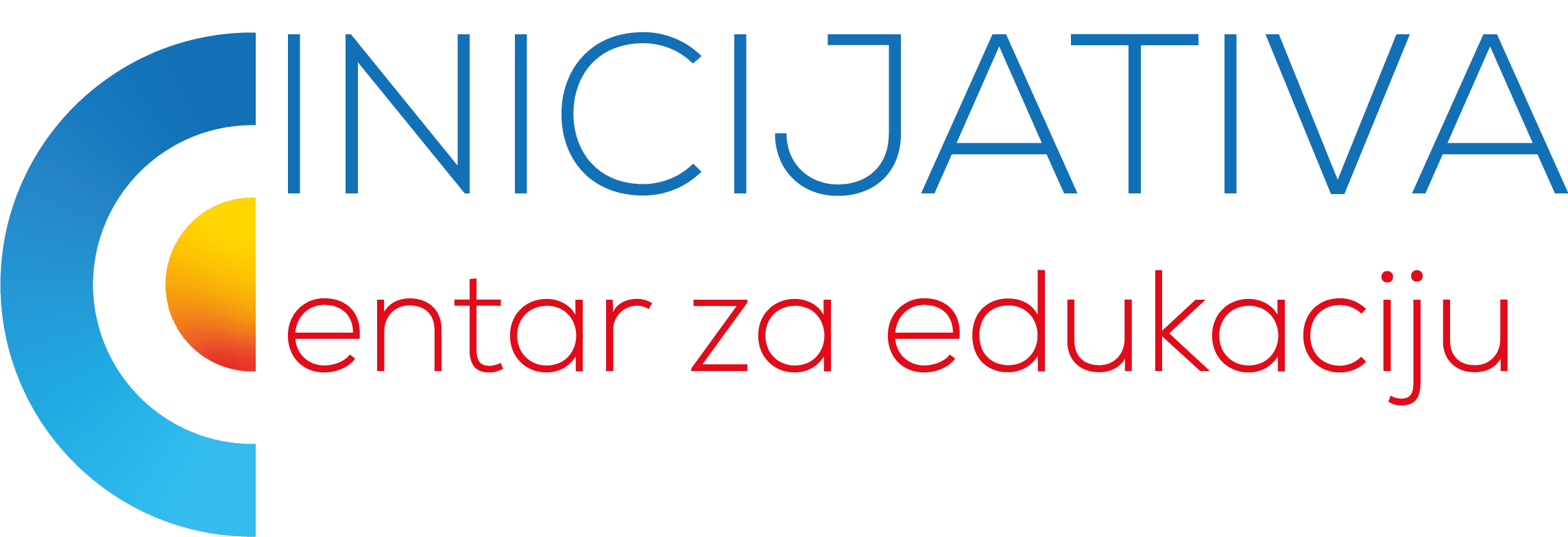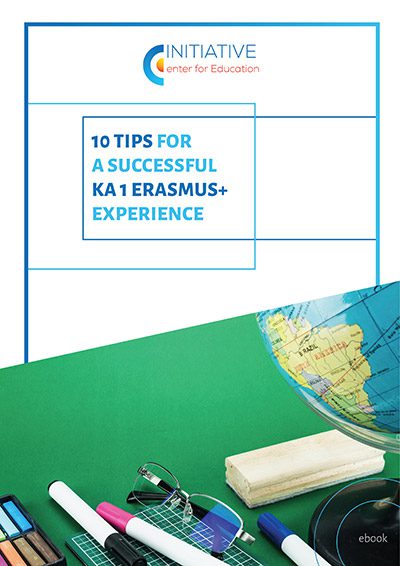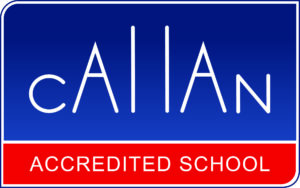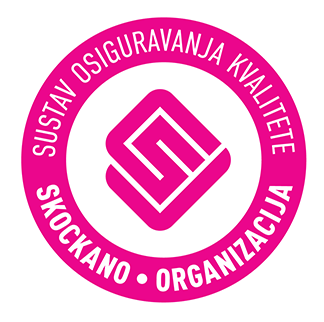Learning to learn
How can a teacher promote independent learning?
These courses can also be funded through the Erasmus+ program. For more
information, please contact your National Agency.
Course overview
Lifelong learning as an idea has gained significantly more importance in today’s globalized competitive world. International organizations such as UNESCO and OECD laid the groundwork on the idea of several competences that are essential in learning independently, while the European Parliament and the Council of Europe propose key competences which should prepare an individual to independently acquire new skills and knowledge. One of these competences is the learning to learn competence, which refers to one’s ability to organize their own time and essentially be one’s own teacher. The value of acquiring this competence early means that educators have the ability to encourage this competence in the context of their own classrooms. Some core concepts related to regulating one’s learning process, different ways of learning and critical thinking will be discussed, while multiple workshops and activities will ensure that the participants apply their knowledge on some practical examples which they may encounter in their own classrooms. Lastly, by bringing many teachers together and brainstorming different perspectives on learning, participants of this course will enrich their own perspectives on learning, which will benefit both them and their learners in the long run.
Available dates:
Location: SPLIT, Croatia
No dates yet
Courses in July and August start every Monday.
Available dates:
Location: ZAGREB, Croatia
No Dates yet
Courses in July and August start every Monday.
Main objectives
The focus of this Erasmus Plus training course is the learning to learn competence, which refers to one’s ability to organize their own time and essentially be one’s own teacher. The value of acquiring this competence early means that educators have the ability to encourage this competence in the context of their own classrooms.
Participants can expect to:
Daily Program
MONDAY - Learning and types of learning
- Introduction to the course, the school, and the external week activities.
- Icebreaker activities.
- Presentations of the participants’ schools.
Learning and types of learning
- Discussion: What is learning to you? What are some examples of learning?
- Different definitions of learning
- Types of learning (formal, non-formal, informal)
- Lifelong learning
- Recognizing different types of learning in everyday situations
TUESDAY – Learning to learn as a key competence
- What does an ideal learner look like? How would you describe them? Which characteristics and skills would they have?
- Characteristics, skills and competences
- Key competences for lifelong learning and the learning to learn competence
- Learning to learn - different dimensions, concepts and skills it entails: learning strategies, self-regulation of learning, critical thinking
- Brainstorming different perspectives on learning as a process
WEDNESDAY – Self-regulation of learning
- Different models of the self-regulation of learning
- Associations with the word “self-regulation” and how we can regulate ourselves when we learn
- Cyclical nature of the learning process and the phases of the learning self-regulation (preparation, learning, reflection)
- Encouraging and helping learners organize their learning-brainstorming and some suggestions.
THURSDAY – Learning strategies
- What are learning strategies?
- Discussion: What kind of learning strategies can you think of? What makes them unique? Do learners use any of them when learning? How can one encourage any in one’s class?
- Different types of learning strategies and examples
- The role of the learning environment on learning and how to develop the optimal learning environment for the learners
- How can we encourage the development of learning strategies in our students?
- Applications and programmes that can help students discover their own learning strategies
FRIDAY – Critical thinking and divergent thinking
- Discussion: What does critical thinking mean to you? In what ways can we encourage it? What do we mean by divergent thinking? Why do you think it is important to the learners?
- Definitions of critical thinking and the need for promoting it in the classroom
- Divergent thinking, creativity and independence in learning
- Discussion: The concept of change in learning and the growth mindset
- Brainstorming ideas for encouraging critical thinking and divergent thinking based on the learners’ ages
- Circling back on the idea of an ideal learner - what differences can we notice? What exactly makes them ideal?
SATURDAY -Cultural activities
- Course evaluation: round up of acquired competences, feedback, and discussion.
- Awarding of the course Certificate of Attendance.
- Excursion and other external cultural activities.
* Notes:
- The schedule describes likely activities but may differ significantly based on the requests of the participants, and the trainer delivering the specific session. Course modifications are subject to the trainer’s discretion. If you would like to discuss a specific topic, please indicate it at least 4 weeks in advance.
●Presentations of the participants’ schools may be divided up and take place after the breaks on each day of the course.
Who is it for?
This Erasmus Plus training course is designed for any individual whose working language is English, be it trainers, school management, administration management staff, marketing advisors, etc.
Language proficiency
This Erasmus Plus training course is best suited for those with at least a B1 certificate. All of the materials will be presented in English.
Methodology
With the aim to involve active participation and achieve the best learning experience, the course methodology is based on dynamic, innovative and creative methods of experiential learning.
It consists of:
Theoretical work - If you do not know what you are talking about, you will not be able to apply it. Nowadays, more and more emphasis is put on practical learning, yet theory is a necessity. You have to know the background of a subject to be able to pinpoint its challenges.
Practical work - Through practical workshops and interactive tasks you will gain personal experience that will help you understand and implement ideas in your own work.
Coaching - Each participant in the course will get the opportunity to receive direct feedback from our coaches. These individual consultations will result in being able to better position your skills in your respected organisation.
Each program starts on Monday morning and finishes on Friday evening with Sathurday being optional for enjoing cultural activities. Throughout the course, besides training, we will promote professional networking through a variety of social and cultural activities.
Find out more about Erasmus Plus, our organisation and trainers, fees and payment options. | view page |
Discover, Learn But Most Of All Enjoy!

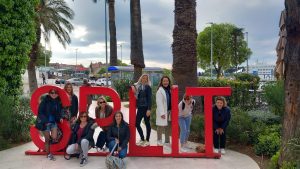
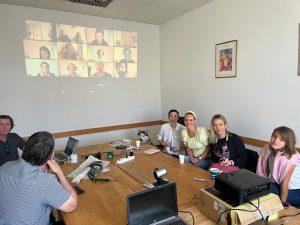

COURSE PARTICIPATION FEE: 480,00 EUR
Get ready for your Erasmus+ experience!
This eBook will help you navigate the first steps toward successful Erasmus+ application and experience.
By signing up you agree to our terms
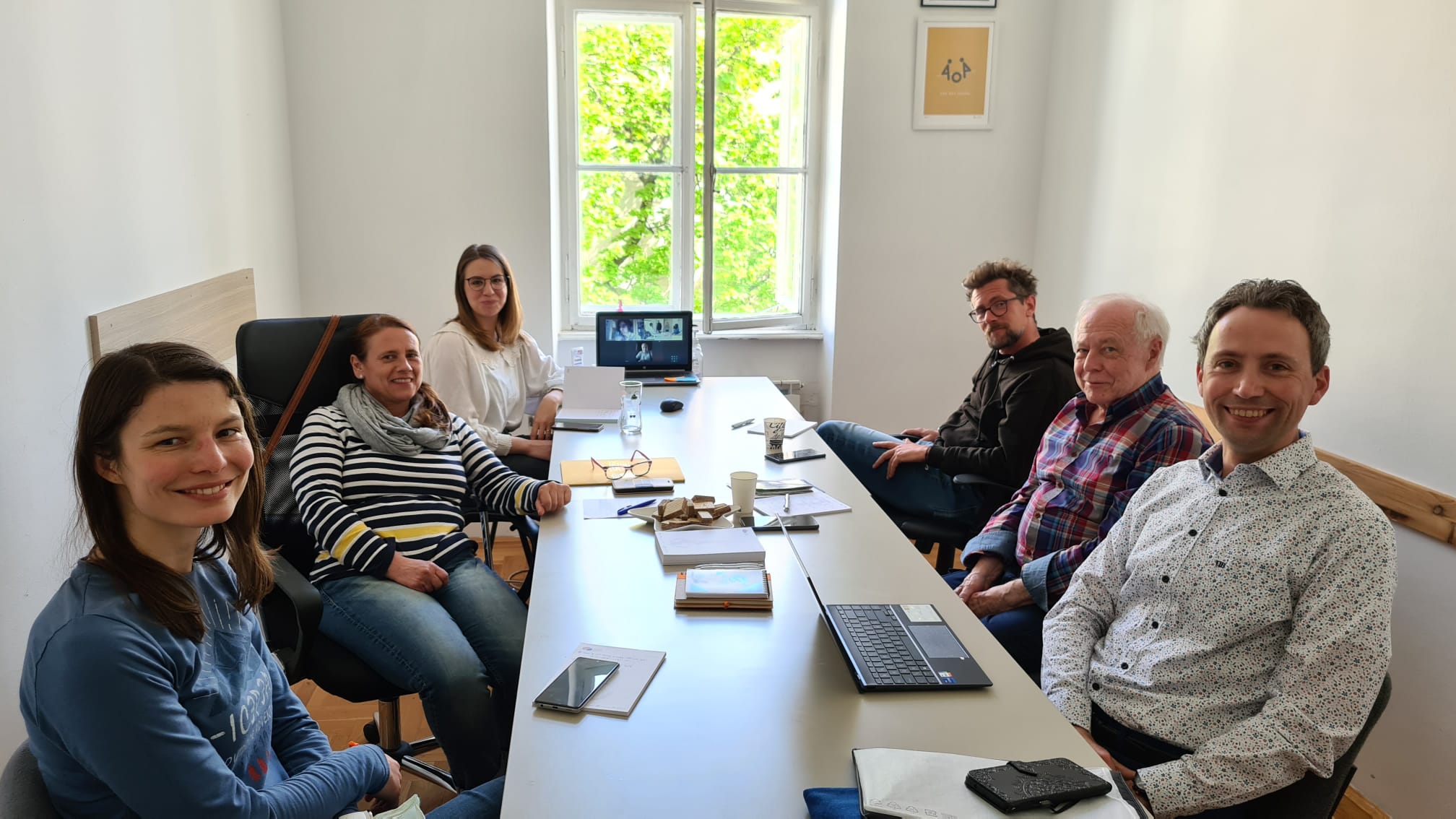
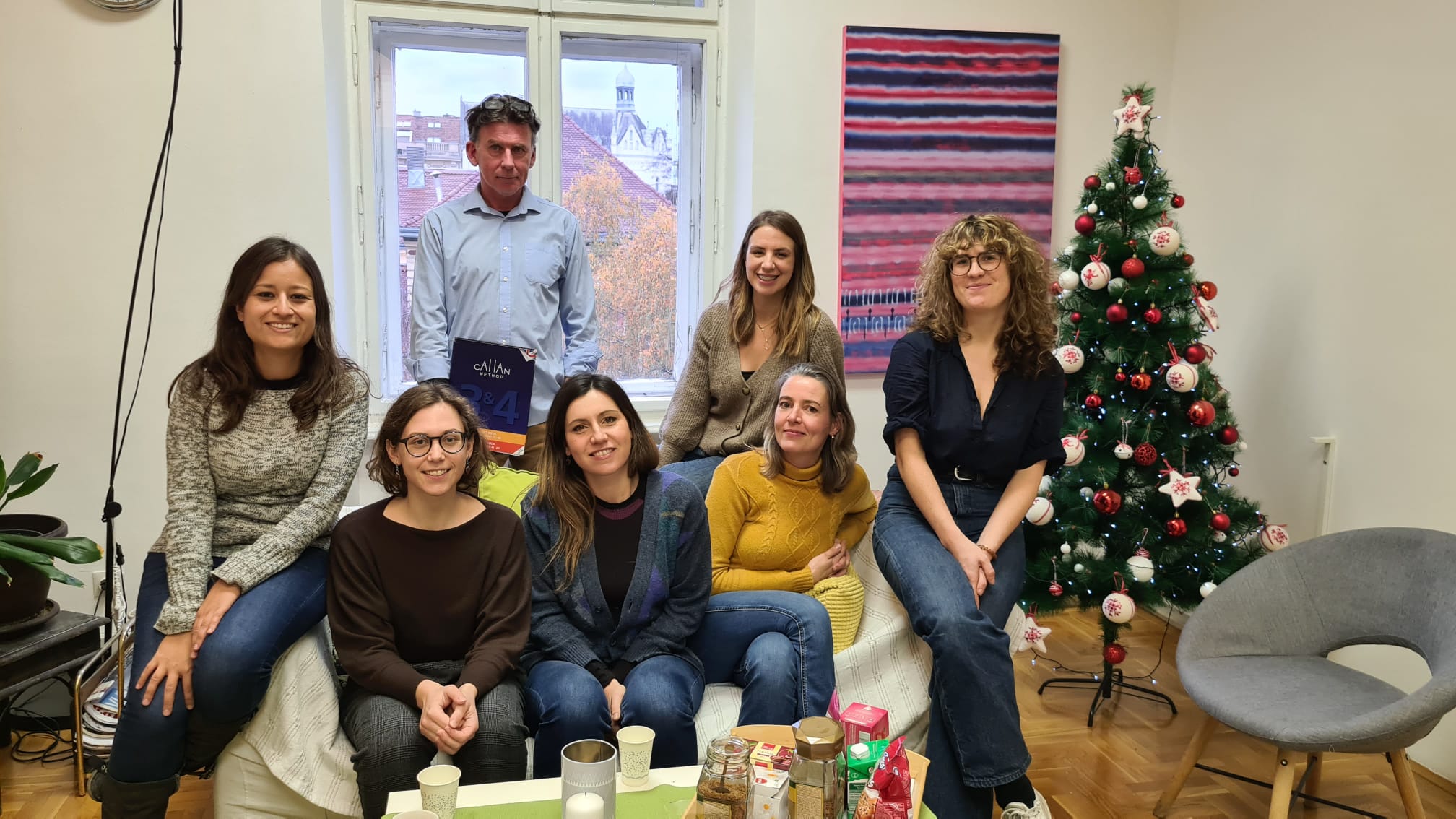
Subscribe to our newsletter to receive news about our courses and the latest news!
By signing up, you accept our Terms of Use
